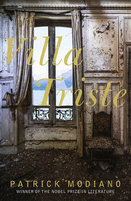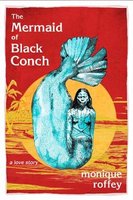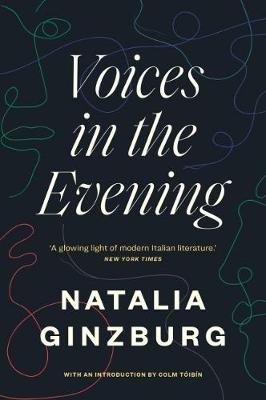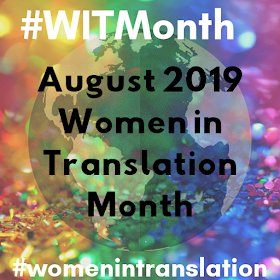This year Ninja Book Box are offering a subscription of indie-published memoirs. I don’t read that many memoirs, so I thought this would be a good chance to try something different. I didn’t know which books I was going to get, but I very much enjoyed this first one. It’s published by Daunt Books.
American writer Dani Shapiro was born into a large Orthodox Jewish family, and this culture is in her bones, though people have often commented that she doesn’t look Jewish. Shapiro is in her fifties when her husband Michael suggests she join him in taking a DNA test through a genealogy website. She thinks nothing of it, but the results reveal that she cannot be biologically related to her father.
Shapiro’s parents are no longer alive, but she recalls an offhand comment from her mother that she, Dani, was “conceived in Philadelphia”. Her mother said she had been travelling there for tests relating to artificial insemination. Further research reveals that, at the time, sperm from the prospective father would be mixed with those from other donors, often medical students. With some investigation, Shapiro is able to identify ‘her’ donor – and decides to make contact.
Inheritance is then the story of how Shapiro is forced to reconfigure her long-held notions of family and identity. She tries to find out just what her family knew about the circumstances of her conception, and wonders if she can make a connection with her new-found biological relations.
I appreciate that Shapiro doesn’t try to resolve any of these issues definitively – they’re too complex for that. Rather, this book is account of the author coming to terms with the issues for herself. I found Inheritance compelling as the story unfolded to begin with, and it kept my interest to the very end.







Recent Comments